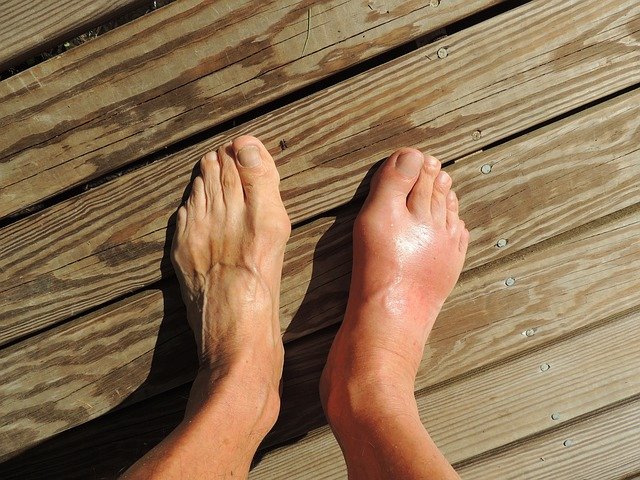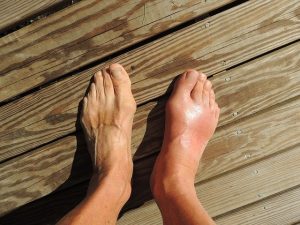Why Diabetic foot care is important
With the incidence of diabetes on the increase in the western world, the importance of foot care for diabetics has never been more important. Sadly diabetics represent the biggest group of lower limb amputees even greater than that of road traffic accidents. But it is not all bad news diabetic amputations are avoidable and in this article we will look at the causes and how to avoid problems leading to amputation.
Diabetes is an increase in circulating blood sugar levels; there are two types of Diabetes, Type I and Type II. Type I often known as juvenile diabetes the onset is in childhood and young adults Type II diabetes, usually known as mature onset diabetes, as the name suggests mainly starts later in life. Both diseases are controlled differently, Type I requiring injections of insulin and Type II may be controlled by reducing sugar intake (diet) or drugs which help the body to use insulin better. Type II may eventually require the use or insulin too. Ultimately the disease causes the same problems to the body, especially if uncontrolled or poorly controlled. There is damage to small blood vessels particularly in feet, hands, eyes, kidneys and heart and damage to nerves.
Manifestations in the foot are largely three fold, poor circulation, nerve damage and poor healing following injury. But just because you are diabetic it does not mean that you will automatically have all of the following problems. If diabetes is well controlled it has a minimal effect on the body so controlling your blood sugar levels is very important.
Circulation can be effected by accelerating arthrosclerosis, the hardening of the arteries; this makes it more difficult for the blood to get to where it needs to go. If the blood can’t get down there in sufficient quantity or quality, when an injury occurs it may be slow to heal or even ulcerate. If the ulceration is not treated it can get infected and if that infection is not treated it can turn to gangrene which would mean amputation of the affected toe, foot or even leg. But as you can see there are many chances for intervention, from treating the original injury to treating the ulceration to treating the infection. Obviously it is better to treat the original injury early and avoid the complications of ulceration and infection.
Nerve damage or neuropathy can occur with diabetes. This can lead to loss of feeling particularly pain sensation in the feet. The problem here is the individual may not be aware that there is loss of feeling and if there is an injury may not seek care promptly. This increases the dangers of the above complications. Over the years my diabetic patients have been extremely inventive when it comes to damaging their feet without realizing it. From simple things like blisters and sun burn to scalding feet in a hot bath to the extreme cases of walking round with a nail through their shoe into the foot, all treatable but also all avoidable.
Poor healing in diabetic feet means that injuries are often slow to heal so wounds stay open longer increasing the chances of getting infected and infections love sugar. The higher the blood sugar the more rapidly the infection can take hold.
So what can we do to avoid these problems? Well, plenty. Good diabetic control means less damage and less problems. Inspect the feet daily make sure there are no injuries or changes in colour, inflammation or pain, if need be look at the bottom of the feet in a mirror if you have problems getting down there. Don’t walk bare foot it’s just asking for trouble. Wash the feet daily and dry carefully between toes and apply moisturiser to any dry areas, but not between the toes. Have feet measured when buying shoes and always check inside shoe before putting it on for stones or other foreign bodies. Visit a Podiatrist, well I would say that, but foot assessment by a podiatrist is important, circulation can be checked with Doppler and neuropathy measured then tailored advice given as well as routine care of nails corns and callous and even ulcers. If you have a foot problem don’t ignore it or try to self treat or self diagnose. Unfortunately there are too many amputees who put off seeking medical attention worried as they had heard about diabetics losing limbs, so that by the time they actually do seek care it is too late. Early intervention and treatment is the key to avoiding serious foot problems and having peace of mind.









